Starting a business involves countless expenses, from securing office space to marketing your brand. While many entrepreneurs focus on the big-ticket costs, it’s easy to overlook smaller expenses that are also eligible for tax deductions. These often-forgotten deductions can add up, offering significant savings that every business owner should take advantage of.
In this guide, we’ll highlight some of the most commonly missed tax deductions for startups. By understanding and tracking these expenses, you can lower your tax liability and keep more money in your business for growth. Whether you’re launching a tech company, a retail store, or a consulting service, this list will ensure no deductible expense is left behind.
Commonly Missed Deductions
1. Office Space or Home Office Setup
If you rented an office or dedicated a part of your home to your business before launch, these expenses are deductible. This includes:
- Rent payments for office or coworking spaces.
- A portion of utilities, internet, and maintenance costs for a home office used exclusively for business purposes.
- Initial setup costs like painting, flooring, or minor renovations.
2. Website Development
Whether you hire a developer or use a DIY platform, the cost of building your business website is deductible as part of startup costs. This includes domain registration, hosting fees, and professional design services.
3. Business Cards and Marketing Materials
Don’t underestimate small expenses. The cost of producing business cards, brochures, or branded merchandise is fully deductible.
4. Licenses and Permits
Many businesses require local, state, or federal licenses or permits to operate. These upfront costs are considered part of your startup expenses and are deductible.
5. Travel Expenses for Business Development
Any travel undertaken to evaluate suppliers, attend business conferences, or meet with potential partners is deductible. This includes:
- Transportation costs (flights, trains, mileage for personal vehicles).
- Lodging expenses for overnight stays.
- Meals during business trips, up to 50% of the cost.
6. Business Insurance Premiums
Insurance is often overlooked, especially if purchased before officially launching the business. Deductible premiums include:
- General liability insurance.
- Errors and omissions (E&O) insurance.
- Cybersecurity insurance to protect sensitive data.
7. Research and Development (R&D) Costs
Businesses developing innovative products or services can deduct R&D costs. These might include:
- Prototype creation and testing.
- Software development expenses.
- Salaries or contractor fees for engineers, designers, or developers involved in the project.
8. Advertising and Branding Efforts
- Early-stage marketing efforts often include branding and promotional activities, such as:
- Designing a logo or creating a brand identity.
- Running ads on social media or search engines to generate pre-launch buzz.
- Hiring influencers or public relations professionals to promote your business.
9. Training and Certification
Costs for improving your own or your team’s skills before launching the business are deductible. Examples include:
- Attending seminars, webinars, or workshops.
- Obtaining professional certifications relevant to your business.
- Purchasing industry-specific training materials or courses.
10. Equipment Leasing or Purchase
Expenses related to leasing or buying equipment crucial to your business are deductible. For instance:
- Leasing computers, printers, or heavy machinery.
- Purchasing tools or specialized equipment for your trade.
- Maintenance and setup fees for this equipment.
11. Networking and Membership Fees
Joining professional organizations or industry groups is a common expense that many startups forget to deduct. This includes:
- Membership fees for chambers of commerce, trade associations, or networking groups.
- Subscriptions to professional publications or journals.
12. Software Subscriptions
Essential software costs incurred before your business launch are deductible, such as:
- Project management tools (e.g., Trello, Asana).
- Accounting software (e.g., QuickBooks, FreshBooks).
- Design tools (e.g., Adobe Creative Cloud).
13. Initial Inventory Costs
For product-based businesses, the cost of purchasing inventory before opening is a deductible startup expense. This includes:
- Raw materials or finished goods.
- Shipping and storage costs for inventory.
- Costs for quality testing and certifications.
14. Initial Licenses, Permits, and Certifications
Many industries require specific permits or certifications before operating legally. These expenses often include:
- Professional licenses (e.g., for contractors, therapists, or consultants).
- Health and safety permits for food businesses.
- Import/export certifications for businesses dealing with international trade.
15. Bank and Loan Fees
Setting up financial accounts often incurs fees that are deductible, such as:
- Business bank account setup costs.
- Transaction fees or service charges for the first few months.
- Loan origination fees for business startup loans.
16. Moving Expenses
If you moved your equipment, supplies, or yourself to establish your business, these expenses may be deductible. For example:
- Hiring movers to transport items to a new office or workspace.
- Travel costs for relocating yourself to start the business.
17. State and Local Filing Fees
Costs for registering your business with state or local authorities are deductible. This includes:
- Filing fees for incorporation or forming an LLC.
- DBA (Doing Business As) registration fees.
- Annual reporting fees for certain states.
18. Professional Development Materials
Books, guides, or other materials purchased to prepare for running your business can be deducted. Examples include:
- Industry-specific textbooks or how-to guides.
- Subscriptions to online learning platforms like Coursera or Udemy.
19. Consultations and Pre-Business Meetings
Expenses related to meetings with mentors, business coaches, or other advisors before launching your business can qualify. For instance:
- Coffee or meal expenses for these meetings (50% deductible).
- Venue costs for brainstorming sessions or strategy planning.
20. Specialized Technology and Hardware
Costs for purchasing tech equipment tailored to your business operations are deductible. This might include:
- Point-of-sale (POS) systems for retail businesses.
- Cameras and video equipment for content creators.
- Specialized tablets or monitors for designers or architects.
Recommended Reads
-
Expanding and Restructuring Tax Credits and Deductions under the OBBBA: What You Need to Know- Part 3
-
August 2025 Individual Due Dates
-
Are Scholarships and Financial Aid Taxable? Complete Guide for Students and Parents in 2025
-
Breaking Down the One, Big, Beautiful Bill Act: What Tax Changes Mean for You and Your Business
-
The Essential Guide to Understanding Depreciation in Business Accounting


